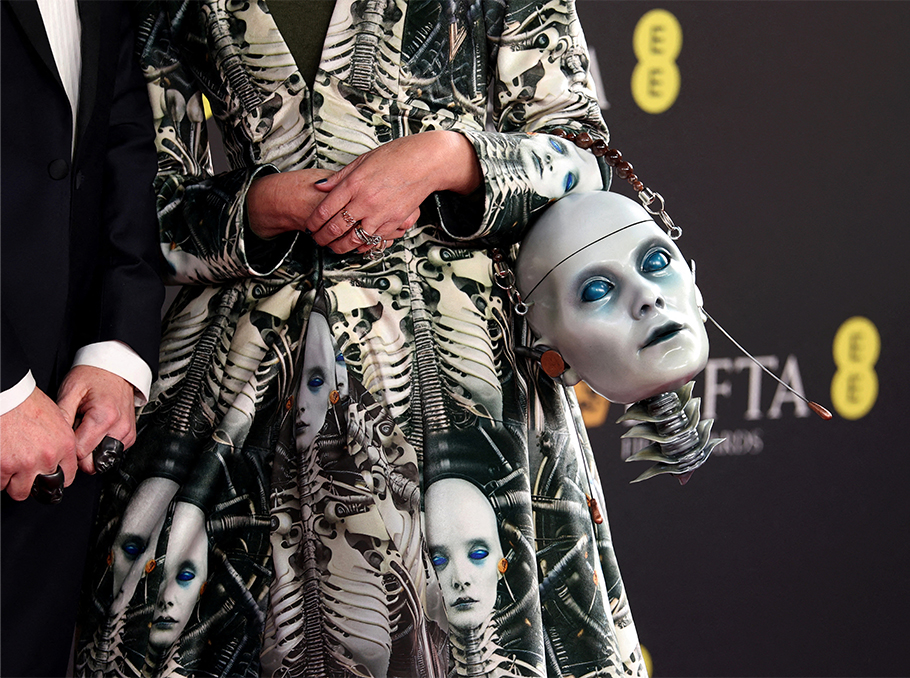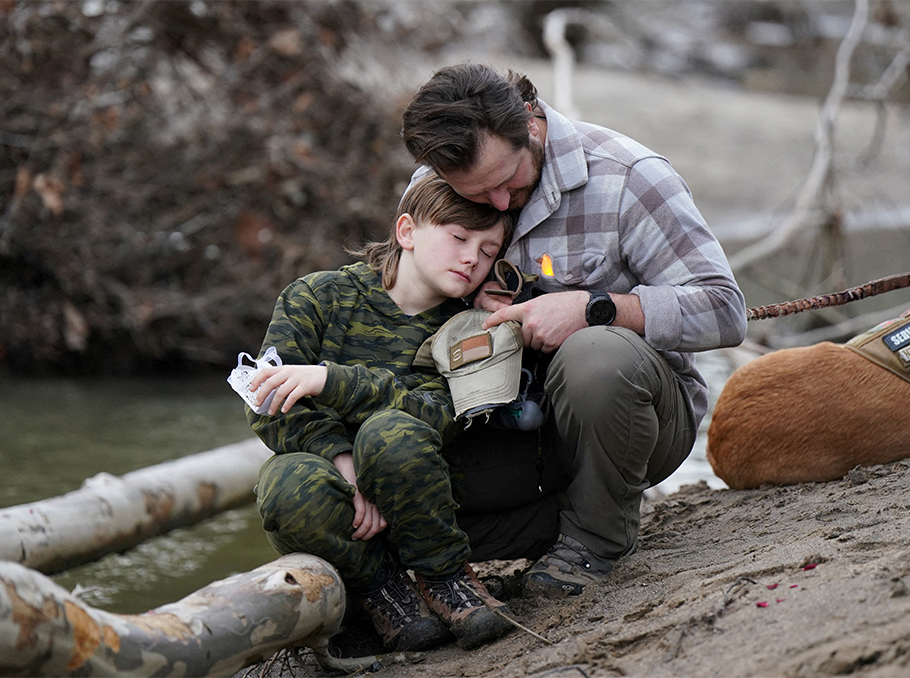By Mark Leonard
Throughout Europe, US President Donald Trump is seen as a chaos-monger with a reverse Midas touch: everything he touches ends up worse than he found it. Yet despite his anachronistic views on most issues, he is the perfect embodiment of our era.
In 2021, I authored The Age of Unpeace, which argued that we need to start reimagining the rules of international relations for an era of hyper-connectivity. All the institutions and arrangements that were supposed to bring us together, I observed, were instead being weaponized. Today’s global politics is like a marriage gone wrong. In a failed marriage, shared items like a holiday home, the pet dog, or children can be used by one estranged partner to harm the other; similarly, trade, the internet, energy sources, supply chains, migration flows, critical raw materials, and cutting-edge technology can be used to exercise geopolitical influence and inflict pain.
In this new world, I noted, the boundaries between war and peace have been eroded. We were wrong to think that we had secured a golden age of peace at the end of the Cold War. In reality, there was violence everywhere, but it came in the form of sanctions, export controls, energy cut-offs, election interference, and weaponized migration – all of which stopped short of formal war.
Just a few months after my book came out, Vladimir Putin launched Russia’s full-scale invasion of Ukraine. Since then, much of the world’s attention has focused on the traditional elements of war and the need to defend against Russian tanks, planes, and missiles. Analysts and policymakers drew on the lessons of the past, rather than focusing on the novelty of the situation. Yet the war in Ukraine has always been unique – a strange hybrid of the nineteenth and the twenty-first centuries, featuring soldiers and trenches but also sanctions, drones, AI, and a contest for influence on social media.

Photo: REUTERS
US President Joe Biden, French President Emmanuel Macron, and German Chancellor Olaf Scholz responded to Russia’s aggression by trying to recreate the old order. But especially since Trump’s re-election, it has been obvious that we need a new way of looking at the world. The Trump administration has thrown all the old certainties into a blender and liquified them. Gone is any clear distinction between war and peace, allies and enemies, national and private interests, or left and right. With Trump launching a trade war against the rest of the world, attempting to extort minerals from Ukraine, and threatening the territorial integrity of Greenland and Panama, the old rules of international order no longer apply.
Unfortunately, this is not just about “disorder,” which would imply that there is some basic agreement on what “order” looks like. There isn’t. Thinking about international order has been completely overtaken by events. For years, governments muddled through crises rooted in hyper-connectivity and interdependence – from the 2008 market crash to the Syrian refugee crisis to the pandemic – leaving policymakers unable to win their citizens’ confidence. Many resorted to emergency measures and states of exception; but now, so many exceptions have been made that the international rulebook looks like Swiss cheese. It has become an exceptions-based order, rather than a rules-based one.
Trump understood this. He tapped into the popular frustration with elites who pretended that they had all the answers, yet consistently failed to do what they had promised. Americans are catching up to many others around the world who had always thought that the liberal international order was a con – much like the Holy Roman Empire, which was neither holy nor Roman nor an empire. The liberal international order couldn’t be called liberal after the atrocities at Abu Ghraib or Guantánamo Bay; it couldn’t be called international when many parts of the world were still mired in civil wars; and owing to these failings, it couldn’t be called an order.

Photo: REUTERS
As Europeans rearm to confront Russian aggression, they also need to figure out how to survive in the age of “unpeace” that Trump, Putin, Chinese President Xi Jinping, and other strongmen are ushering in. One of the biggest challenges will be to make interdependence feel safe again. Supporting Ukraine and re-thinking our economic models to deal with trade wars may be necessary, but they are not sufficient. We also need to think hard about migration, welfare, and health policies, and how politicians communicate with their constituents. In other words, Europeans need a new way of doing politics – one that restores people’s sense of control.
Copyright: Project Syndicate, 2025.
www.project-syndicate.org

















Comments
Dear visitors, You can place your opinion on the material using your Facebook account. Please, be polite and follow our simple rules: you are not allowed to make off - topic comments, place advertisements, use abusive and filthy language. The editorial staff reserves the right to moderate and delete comments in case of breach of the rules.